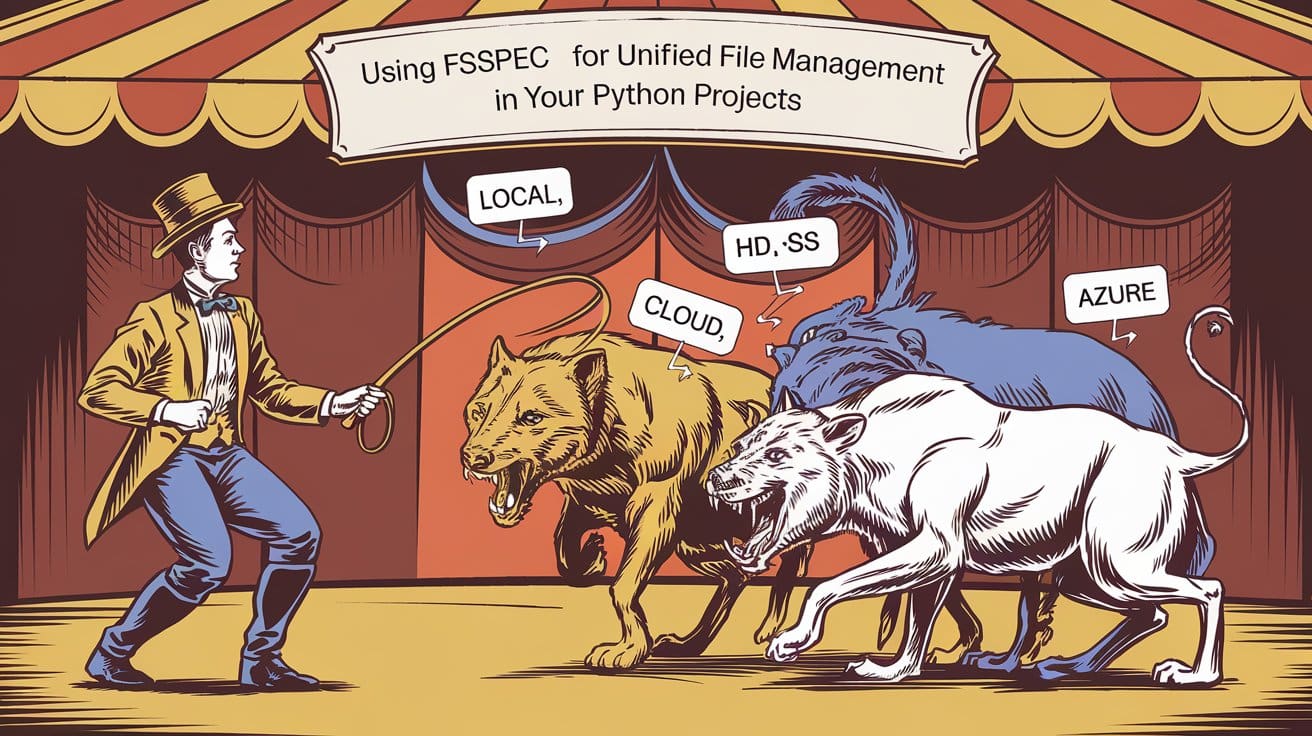A millennial explains how he invested his money to achieve 'Coast FIRE' — meaning he doesn't have to save another penny for retirement
Dexter Zhuang plans to work well into his 60s, but he's able to "coast" into retirement thanks to smart investment choices he made in his 20s.
Courtesy of Dexter Zhuang
- Dexter Zhuang hit Coast FIRE, meaning he doesn't have to contribute any more money to his nest egg.
- He still has to earn income to cover his daily living expenses and expects to work into his 60s.
- Coast FIRE, which he hit with a simple strategy, has provided peace of mind and career flexibility.
Dexter Zhuang has achieved what's known as "Coast FIRE," an offshoot of the Financial Independence, Retire Early movement.
It's defined as having enough in your retirement accounts that you don't have to contribute any more money — the current amount will grow and compound enough over time, allowing you to "coast" into retirement.
Zhuang calculated his Coast FIRE number using an online calculator that allows you to input assumptions such as your current age, expected retirement age, annual spending in retirement, and invested assets. BI verified that he hit his six-figure number, which he prefers not to share, by looking at investment account screenshots and statements.
He still has to earn enough to cover his day-to-day expenses, but he doesn't mind working — and expects to do so well into his 60s.
"I don't see myself as someone who wants to retire early and stop working. The retirement age that I put into the Coast FIRE calculator is 67," said Zhuang, whose career has included a high-paying Silicon Valley job and working at growth-stage startups. He said his average cash compensation, including base salary and bonuses, was $133,000 between 2013 and 2022.
In 2023, he walked away from his 9-to-5 career to grow his newsletter, Money Abroad, and do freelance consulting for startup CEOs. Courtesy of Dexter Zhuang
For Zhuang, the appeal of Coast FIRE was the peace of mind and career flexibility that it provided. Knowing he didn't have to worry about retirement allowed him to "pursue a different type of work, career path, and to experiment with something different," he said.
The 33-year-old has lived in San Francisco and Singapore throughout his career and currently resides in Mexico City with his wife. He shared the investment strategy that's allowing him to coast into retirement.
Investing early and diversifying over time
Zhuang started putting his money to work in his early 20s after landing his first full-time job as a product manager. He kept things simple, he said: "When I started investing after college, I was mainly buying boring index funds through my 401(k) retirement account and my taxable brokerage account."
Over time, he diversified his portfolio and, as of January 2025, has his money spread across various asset classes.
His portfolio is, roughly, "15% cash, 65% public equities, 15% real estate and REITs, and 5% more high-risk assets," he said. "My current strategy isn't anything fancy. It's long-term orientation, so investing based on a 10 plus year time horizon. I consider myself moderately aggressive on the risk spectrum."
Cash
Zhuang keeps about 15% of his money in four-week Treasury bills or a high-yield savings account. This is emergency fund money and also, "a fund that my wife and I have saved for starting a family in the future," he said.
Stocks
Public equities make up the majority, 65%, of Zhuang's portfolio.
"My distribution is around 75% US stocks and 25% non-US stocks," he said. "On the US stock side, my portfolio's gotten a bit messier over the years, so it includes a number of different US stock indexes, like VTSAX, which is the total stock market index. I also have some VOO, which is the S&P 500, and VXF, which is the mid- and small-cap. So, what I try to do is diversify a mix of the large-cap, mid-cap, and small-cap within US. Within non-US, I have funds like VTIAX, which is the international stock index, and the VXUS, which is similar; it's all the non-US international markets."
He prefers index fund investing over stock picking for a few reasons.
One, he'll probably get better returns than he would if he attempted to pick individual stocks, he said: "I don't think I'm going to succeed where professional, active investors have failed in terms of stock picking."
Two, he prefers the passive, hands-off approach that index fund investing allows.
Even if he could beat the market picking stocks, "I wouldn't want to spend the time really diving into individual stocks," he said. "I see money as a tool so that I don't have to spend a whole lot of time in the spreadsheet. I value the balance of building wealth for the future versus enjoying my current lifestyle."
Real estate
Zhuang doesn't want to own and operate properties but recognizes the benefit of having real estate make up a portion of his portfolio.
He owns REITs — real estate investment trusts — which are companies that own real estate. Like stock, investors can purchase shares in REITs.
"My preference is to not have to own the actual, physical property, so I don't have to manage it," Zhuang said. "That's why I prefer to go with the REITs approach, for diversification purposes."
High-risk investments
A small percentage of his portfolio is invested in startups and crypto. Zhuang calls this his "fun money bucket," and keeps it at about 5% of his portfolio.
"In 2021, during the crypto boom, I did allocate a bit more toward crypto," he said. "But since then I've reduced my holdings to this small portion of my portfolio because I realized this is an incredibly volatile asset and, ultimately, I was just speculating."
What's Your Reaction?
































